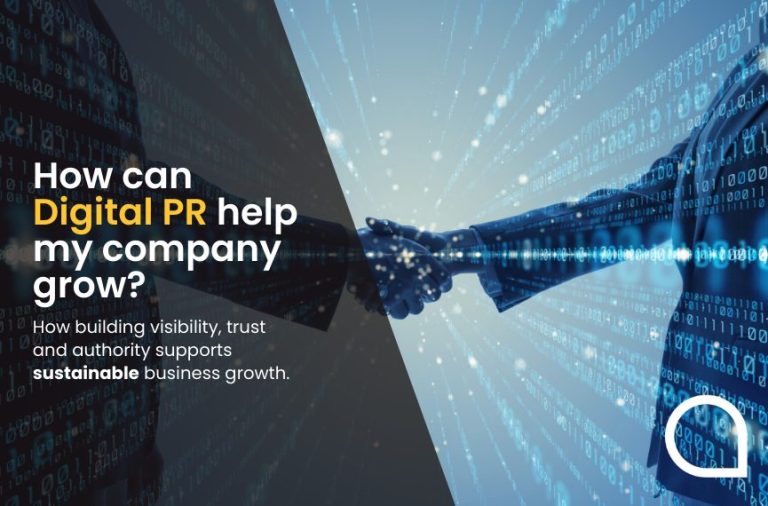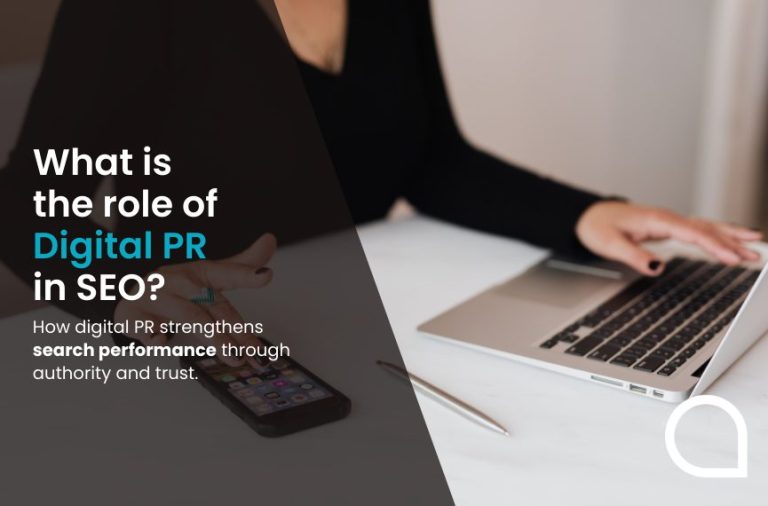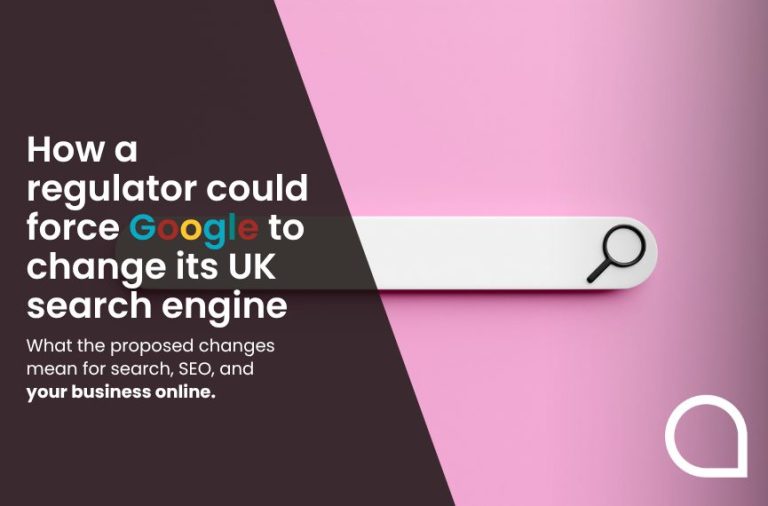Sherlock Holmes once said that ‘once you have eliminated the impossible, whatever remains, no matter how improbable, must be the truth’ and that neatly sums up where we find ourselves today.
Since the introduction of Hummingbird webmasters across the world have been reporting sharp drops in keyword positions and in some cases a complete loss of rankings for their site.
We have been working closely with two of our clients; one who had previously suffered a manual penalty and the other an algorithmic penalty. In both cases, we had managed to help them recover from these but since Hummingbird both appear to have been hit again.
In both cases we have completely rebuilt their sites from scratch, making sure that all the on page and on site issues are eliminated. Technically correct and with great fresh content; in fact, we have gone out of our way to ensure that the content is clearly better than anything else out there, both sites now stand as examples of ‘good’ websites. So if the on
So if the on page and on site elements are completely in line with Google’s Webmaster guidelines then that only leaves the backlink profile.
In the case of the site that was manually penalised, we managed to get the penalty lifted by removing as many of the toxic links as we could and disavowing the rest. This was before the introduction of Hummingbird and at first, we saw that the client began to rank again for all their keywords. Since
Since Hummingbird however, they cannot get in the top 100 for the two core keywords which best describe their business. In fact, these two keywords drive almost 75% of all their business on PPC. All the long tail keywords don’t seem to be a problem and the site ranks well for lots of them, but not the two that drive the most business. As this client is one of the longest established players in their industry and have a good name and reputation this is highly unusual and their ranking in the
All the long tail keywords don’t seem to be a problem and the site ranks well for lots of them, but not the two that drive the most business. As this client is one of the longest established players in their industry and have a good name and reputation this is highly unusual and their ranking in the SERPS does not reflect where they should rank and had ranked previously.
Looking at their backlink profile we can see the problem – far too many legacy links with over optimised anchor text from poor domains. But here’s the rub; when we did the clean-up with this site the client started with over 60,000 links all pointing to their home page with over optimised anchor text. By the time we finished there were just 4,600 left and of those we disavowed just over 4,000.
But here’s the rub; when we did the clean-up with this site the client started with over 60,000 links all pointing to their home page with over optimised anchor text. By the time we finished there were just 4,600 left and of those we disavowed just over 4,000.
Now it could be possible that with so few good links left that the site simply doesn’t have enough clout to rank for these core keywords however when the penalty was removed it started to rank for them, so at one point it was clearly good enough. Also when you look at positions 60-100 in the SERPS the majority of these sites don’t actually do what our client does and rank by virtue of mentioning one word of the two word keyword; a bit like a site ranking at number 70 for ‘car hire’ with the words ‘linen hire’ on the page. Furthermore, the majority of the pages in this range have virtually no links which could help them rank.
With our other client who previously suffered from an algorithmic penalty, again we used a combination of removal and disavow to free them but once again since Hummingbird they have been relegated to page three for all the words that make them money.
In both cases, therefore, we have been able to meet Google’s requirements by disavowing a great many long standing ‘legacy’ links and in both cases, the sites recovered. But now they are both back in the doldrums and having eliminated the obvious by rebuilding both sites we are back to how Hummingbird now reads their site.
Part of the issue here is that no one knows how the algorithm is currently treating backlinks to a website. We know that they are still the most important element to ranking but what are the rules? Does it consider that more than 10% of links from directory sites
We know that they are still the most important element to ranking but what are the rules? Does it consider that more than 10% of links from directory sites
Does it consider that more than 10% of links from directory sites is a sign of link building? How about anchor text – must it be less than 24% of all links to the site? Is it critical that the majority of links are against the brand name? The numbers here are all made up and not part of any guidelines, but the point is that no one, except a handful in Google, actually knows. And here’s another question – it your site breaches any of the ‘numbers’ assigned to these things does that place a negative weighting on you for those keywords?
The numbers here are all made up and not part of any guidelines, but the point is that no one, except a handful in Google, actually knows. And here’s another question – it your site breaches any of the ‘numbers’ assigned to these things does that place a negative weighting on you for those keywords?
Whatever the answers to these questions it seems clear that the new algorithm has changed the landscape. Sites which shouldn’t rank clearly do across a range of keywords and in a number of cases the entire top ten has been replaced. Take a look at ‘payday loans’ and ‘debt management’ and see how many actual providers you can find in the top ten and how any of the sites now ranking are news or information sites. Whilst it is clear that Google wants to be the ‘answers engine’ instead of the ‘search engine’ someone who types in ‘payday loans’ or ‘debt management’ is probably looking for a loan, not to read stories about them. Just ask the guys who are buying the PPC and they will tell you that these are the only phrases that really pays in their business.
Sites which shouldn’t rank clearly do across a range of keywords and in a number of cases the entire top ten has been replaced. Take a look at ‘payday loans’ and ‘debt management’ and see how many actual providers you can find in the top ten and how any of the sites now ranking are news or information sites. Whilst it is clear that Google wants to be the ‘answers engine’ instead of the ‘search engine’ someone who types in ‘payday loans’ or ‘debt management’ is probably looking for a loan, not to read stories about them. Just ask the guys who are buying the PPC and they will tell you that these are the only phrases that really
Take a look at ‘payday loans’ and ‘debt management’ and see how many actual providers you can find in the top ten and how any of the sites now ranking are news or information sites. Whilst it is clear that Google wants to be the ‘answers engine’ instead of the ‘search engine’ someone who types in ‘payday loans’ or ‘debt management’ is probably looking for a loan, not to read stories about them. Just ask the guys who are buying the PPC and they will tell you that these are the only phrases that really pays in their business.
Perhaps this is part of a plan by Google to gradually monetise as much of the traffic as it can by removing providers of these services from the SERPS and including stories and articles, which can’t provide the service whilst leaving PPC as the only way to find these companies? It might be a slightly cynical view but there are plenty of stories online of people running businesses who feel this way.
Whatever the ultimate goal of Google, right now we know that having eliminated the impossible, whatever is left, in this case, that Hummingbird now reads ALL your backlinks and counts the all irrespective of whether you have disavowed them, could well be the truth.
“This blog first appeared on www.aqueous-seo.co.uk’





